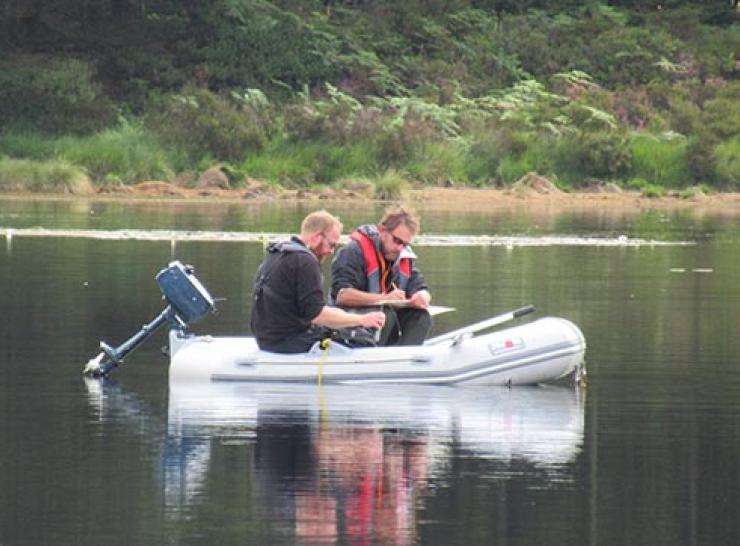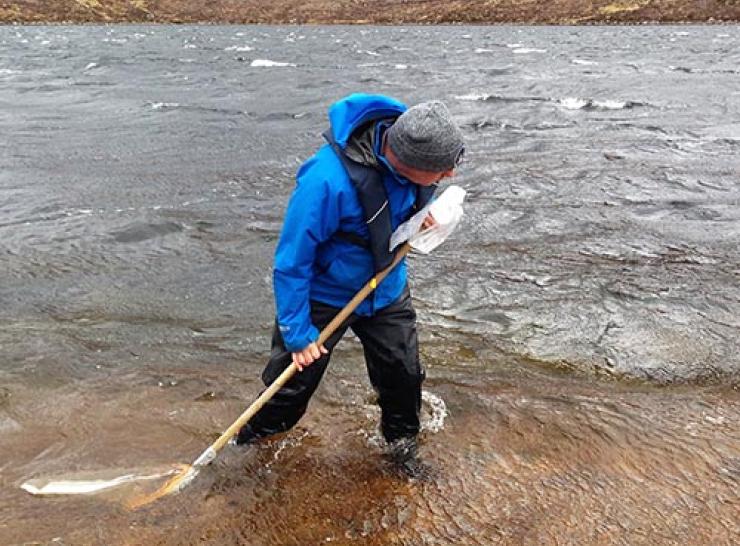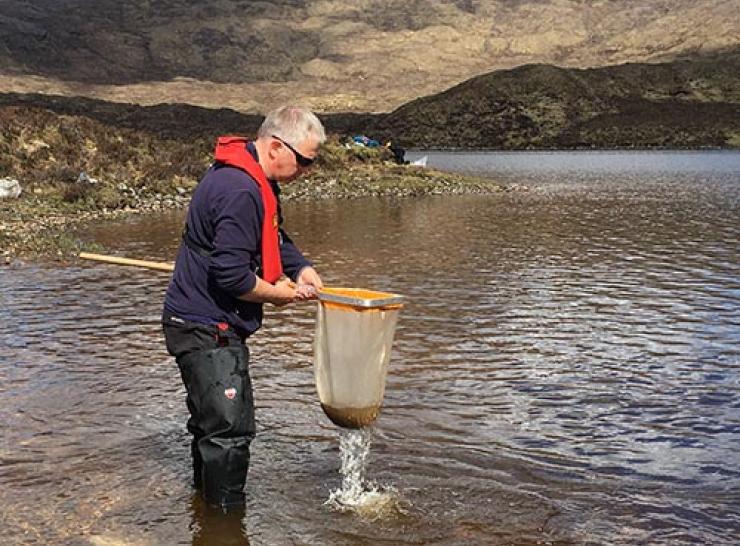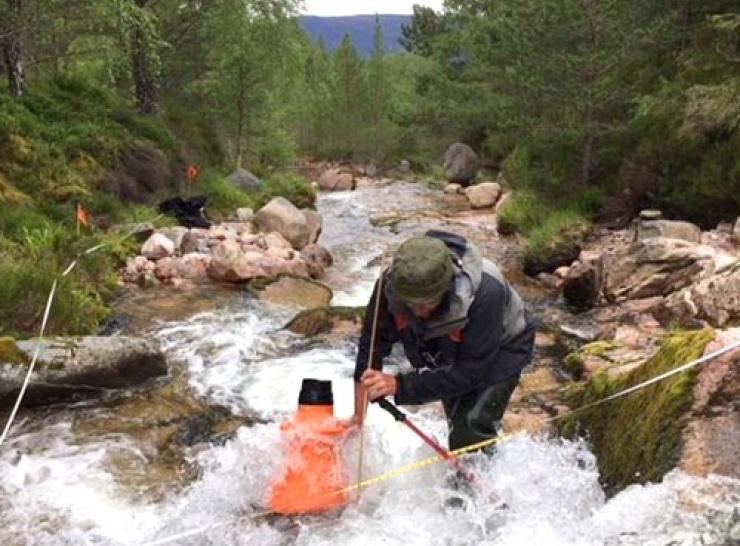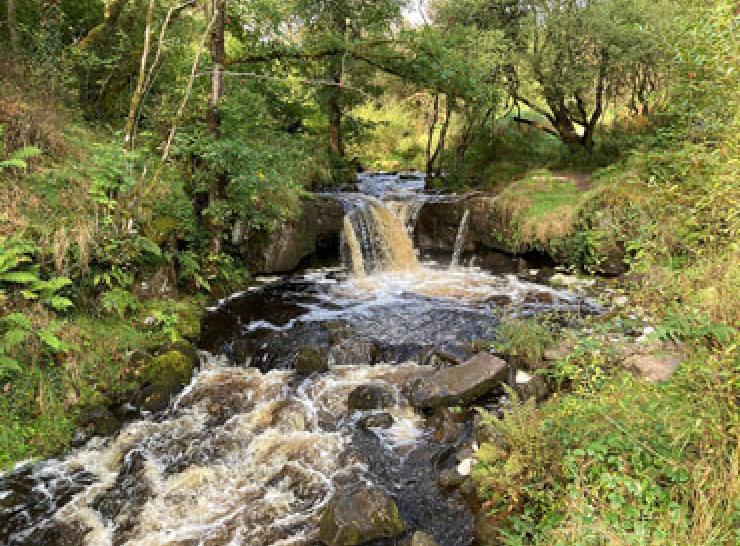The UK Upland Waters Monitoring Network (UWMN) is designed to track changes in surface water quality and freshwater biodiversity across upland regions of the UK. It provides a unique long-term record (now over three decades in length) of the chemical, physical and biological status of upland lakes and streams in the UK.
The range of sites and measurements was initially focussed primarily on tracking the impact of acid rain, but have since been enhanced in order to address issues relating to the eutrophying influence of nitrogen deposition, effects of climate change and the impacts of changing land use and land management.

